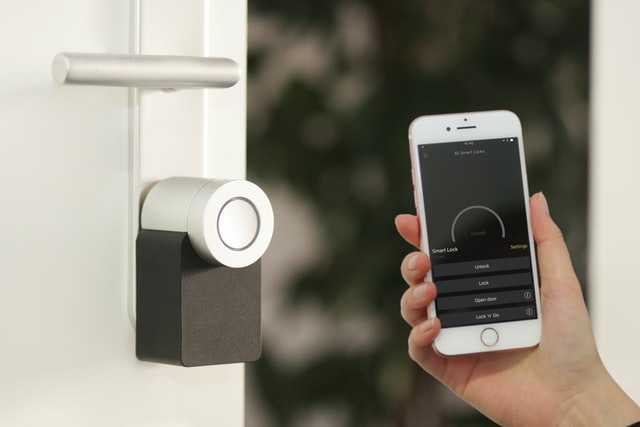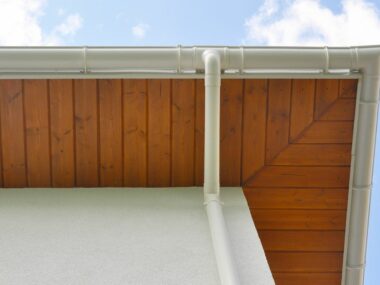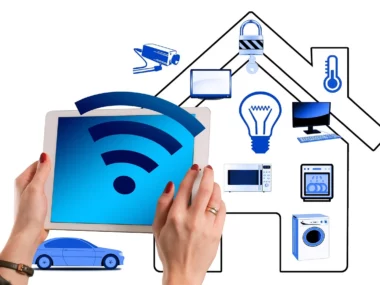A smart home is a dwelling equipped with technology that allows the home’s occupants to remotely control and monitor its systems and appliances. There are many advantages of having a smart home. You can save energy by scheduling your thermostat to turn off when you’re away, or receive alerts if a window is left open. You can also improve your home security by receiving alerts when someone enters your home, or even speaking to them through the doorbell camera.
BACKGROUND
However, there are also some disadvantages of smart homes. They can be expensive to set up, and you may need to replace some of your existing appliances and devices in order to make them compatible with the new system. There is also a risk that hackers could gain access to your home’s systems and appliances, which could be used to cause mischief or even commit a crime. Before you decide to convert your home into a smart home, it’s important to weigh up the pros and cons to see if it’s the right decision for you.
what is a smart home
What is a smart home? A smart home is a dwelling equipped with technology that allows the occupants to remotely control and automate certain systems and appliances within the home.
Now that we know what a smart home is, let’s take a look at some of the pros and cons associated with this type of living arrangement.
Pros:
1. Increased security: Smart home systems often include features such as security cameras and motion detectors that can help to deter burglars and keep your home safe.
2. Remote access: With a smart home, you can control various systems and appliances from anywhere in the world using your smartphone or tablet. This can be handy if you forget to turn off the lights before leaving for vacation or need to let a repair person into your home while you’re at work.
3. Increased efficiency: Smart home systems can help you to save energy by automatically adjusting the temperature or turning off lights when they’re not needed. This can lead to lower utility bills and help to reduce your carbon footprint.
4. Greater convenience: Imagine being able to program your home to do things like start brewing coffee in the morning or unlock the front door when you arrive home from work. With a smart home, all of this and more is possible.
Cons:
1. High initial cost: Outfitting your home with a smart home system can be expensive. In addition to the cost of the actual devices, you may also need to pay for installation and subscription fees.
2. Privacy concerns: Some people worry that having a smart home gives companies like Google or Amazon too much access to their personal data. If you’re concerned about privacy, be sure to do your research before selecting a smart home system.
3. Dependence on technology: A smart home relies on technology to function properly. If there’s a power outage or the internet goes down, your smart home may not work as intended.
4. Complexity: Smart home systems can be complex and challenging to use. If you’re not comfortable with technology, you may find it difficult to troubleshoot problems or take full advantage of all the features available.
As you can see, there are both pros and cons to having a smart home. Ultimately, the decision of whether or not to go for a smart home depends on your personal needs and preferences. If you’re interested in increased security, convenience, and efficiency, a smart home may be right for you. However, if you’re concerned about privacy or don’t want to rely on technology, you may want to stick with a traditional home.











